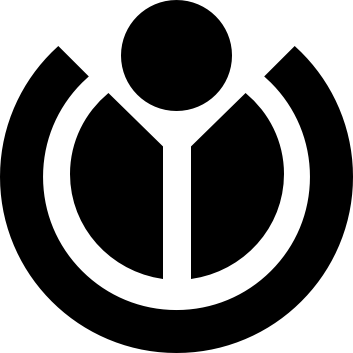By George Colbourn, Fundraising Development Coordinator at Wikimedia UK
The accelerating use of digital technology means that it now plays a major role in most aspects of our lives. For many of us it is vital to be able to learn, work and communicate in these online environments, making digital literacy a key aspect of education in the 21st century. Yet acquiring these digital skills isn’t just important for our personal and professional lives; a digitally literate society has now become a necessity in preserving one of our most fundamental human rights. This article addresses why freedom of information has taken on a new context in the digital age, and the efforts Wikimedia UK are making to ensure the safe and responsible democratization of knowledge.
A few years ago, I was working for an American charity that provided support and refuge for North Korean refugees. It was here that I attended an event hosted by Yeon-Mi Park, a young North Korean who had fled her home country and been granted citizenship in the United States. Since then she has become a best selling author, documenting her life in North Korea and her perilous escape. Listening to her account was eye-opening; the lack of nutrition and health care that her family endured, and the brutal repression forced on her community seemed almost too dystopian to comprehend.
One particular aspect of her account that stuck in my mind was her realization of the world around her once she had found freedom. Her newfound ability to embrace previously unknown cultures and philosophies, to argue and to voice opinions were so new to her, and it was this aspect of her tale that had the most lasting impression on me. Stories like Yeon-Mi’s reaffirmed to me the importance of access to unbiased information, for human beings to feed their natural curiosity and for the overall development of societies.
The concept of ‘freedom of information’ is vast in scope, an extension of the right to free expression and free speech, amongst others. Such liberties are largely taken for granted in free democracies. For those living in countries like the UK, the suppression of political opposition and curtailed press freedom seems reserved for those living within autocratic, oppressive regimes, similar to those experienced by Yeon-Mi.
While the protection of this fundamental right in the UK is grounded in democratic ideals and international declarations, easily accessed online misinformation now poses a unique predicament to current understandings of credible, unbiased content. The rapid emergence of digital mediums has led to an unprecedented democratization of knowledge, which has altered not just who can access information, but who can produce and distribute it.
Fundamentally, this enables a greater capacity for individual expression and knowledge acquisition, key indicators of development. Yet its shortcomings arise in the form of misinformation that spreads erroneous content, as well as disinformation, which intends to deceive its recipients for political or monetary gain. False information such as this enables the politics of inequality and division that are emerging in the Global North. In order to defend ourselves from such a threat, it is vital that societies become more resilient to the spread of false information and aware of its ramifications.
The Wikimedia community can play a key role in advocating and promoting the need for responsible, credible knowledge sharing. At Wikimedia UK, we have been taking measures to prevent this threat to democracy, by launching programmes focused on digital, political and media literacy. Our intention is to provide our beneficiaries with the tools needed to become resilient to fake news and manipulative content, as well as also becoming contributors of high quality, reliable online content in their own right. In addition, through our work with cultural and academic institutions across the country, we are increasing both the amount and quality of our content, meaning that all users can benefit from the discoveries and teachings of academics across a variety of disciplines.
This work takes place across the country. Last year for example, we partnered with Menter Môn and the National Library of Wales to launch information literacy projects across the Isle of Anglesey as part of the new Wikimedia module on the Welsh Baccalaureate, and are now working in schools across the area. The WikiMôn project was presented with Mentrau Iaith Cymru’s technology award in January 2020 in recognition of its impact.
Our projects and programmes that aim to increase digital literacy amongst communities can have a wider impact on society as a whole; a population equipped with skills needed to identify misinformation and fake news will be better prepared to act safely and responsibly in online environments. As a result, the internet can become a tool that re-enforces freedom of information in the 21st century, rather than acting as a threat to it.
The emergence of the internet has had drastic impacts on how we communicate across the world, and this includes the spread of ideas and factual information. Over the coming years, it is vital that we come to acknowledge the impact this can have on truth and fact, and how we prepare future generations to utilise the internet and open knowledge in the most responsible and effective way. For Wikimedia UK, this is one of our highest priorities.
This year’s WikiForHumanRights campaign centres around “Right to a Healthy Environment” — connecting the 20th Birthday “Human” theme with the global conversations about COVID-19, environmental crisis, like climate change, and human rights. The content-writing challenge with prizes runs from April 15th – May 15th. Learn more about the challenge and sign up for the challenge here. There is also a draft list of articles to be created or enriched with UN Human Rights.







